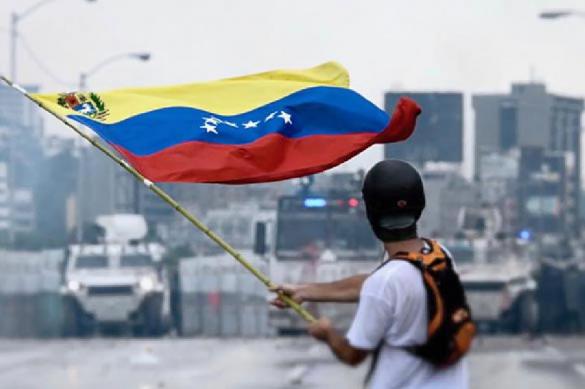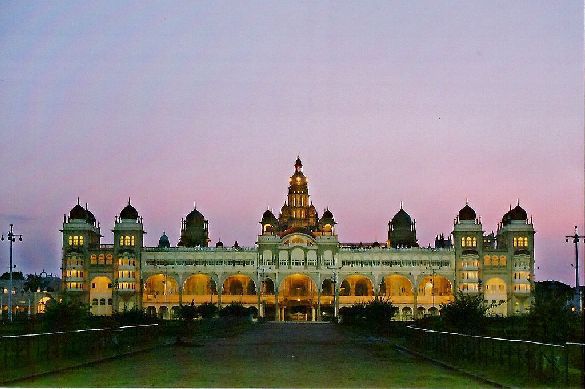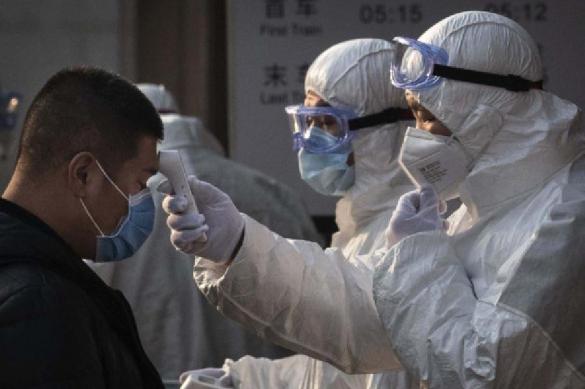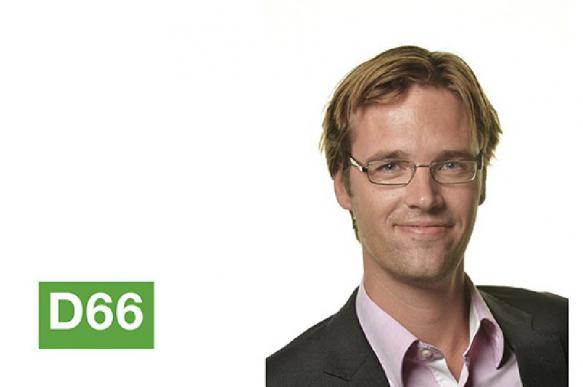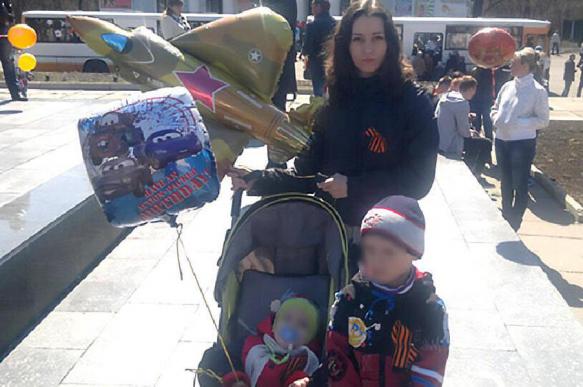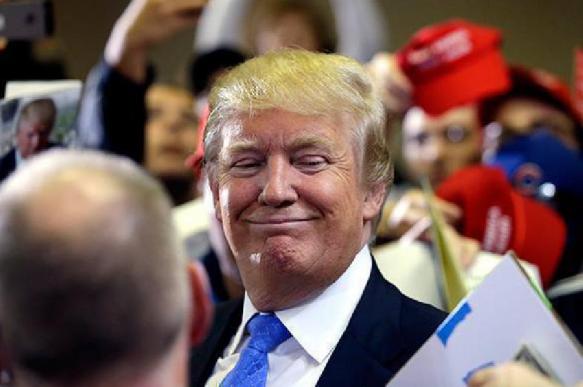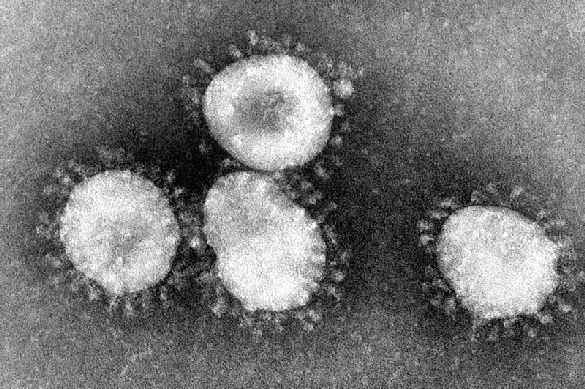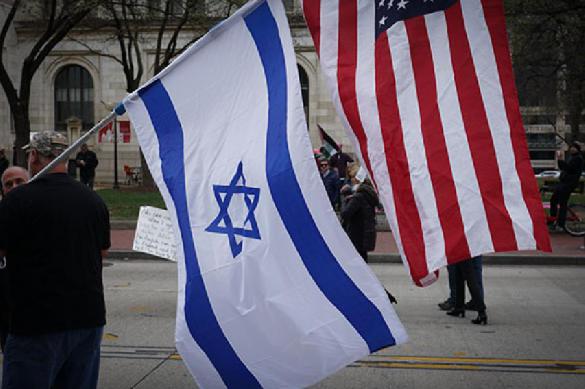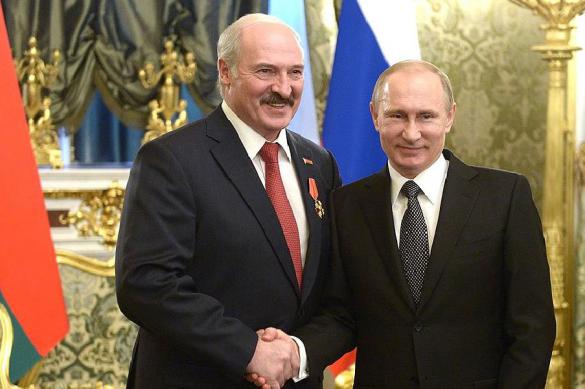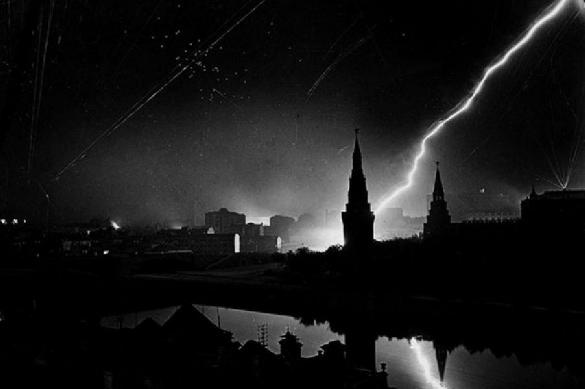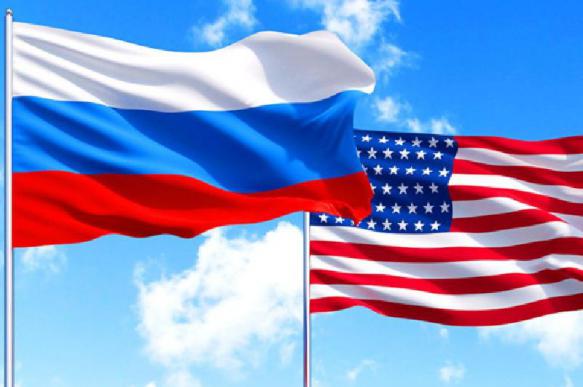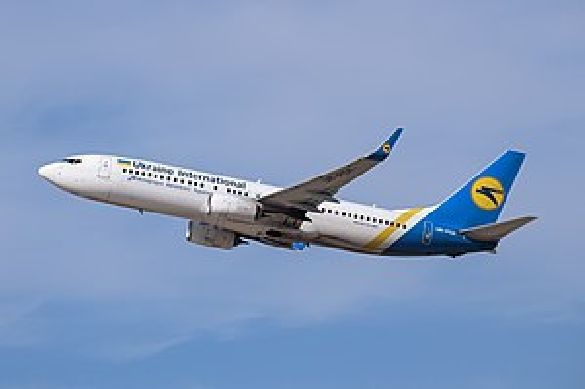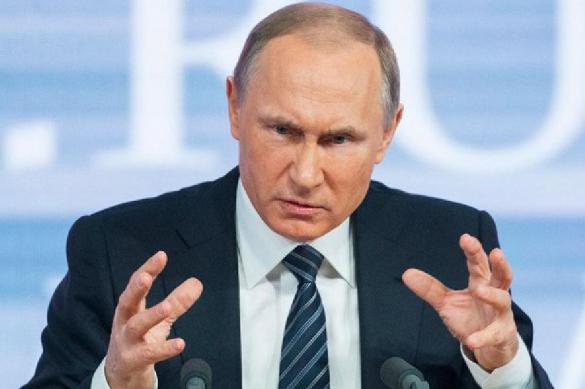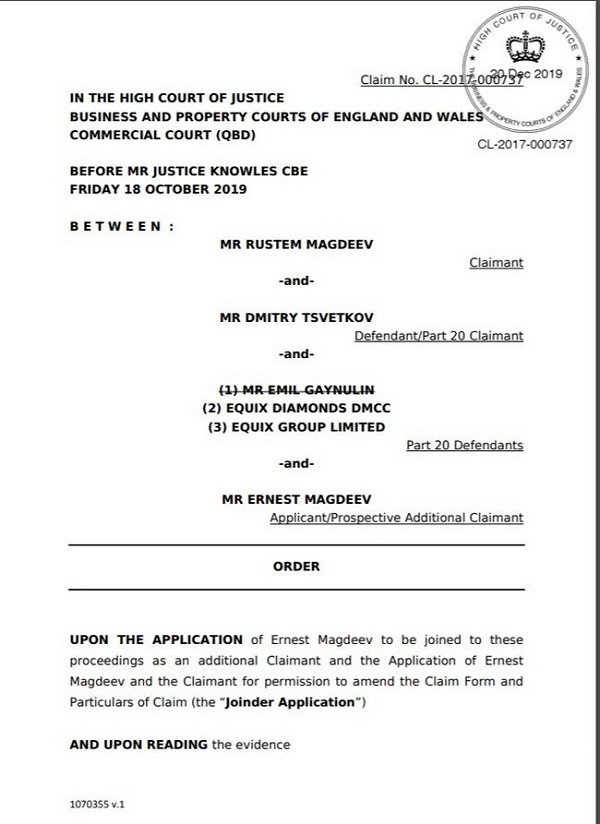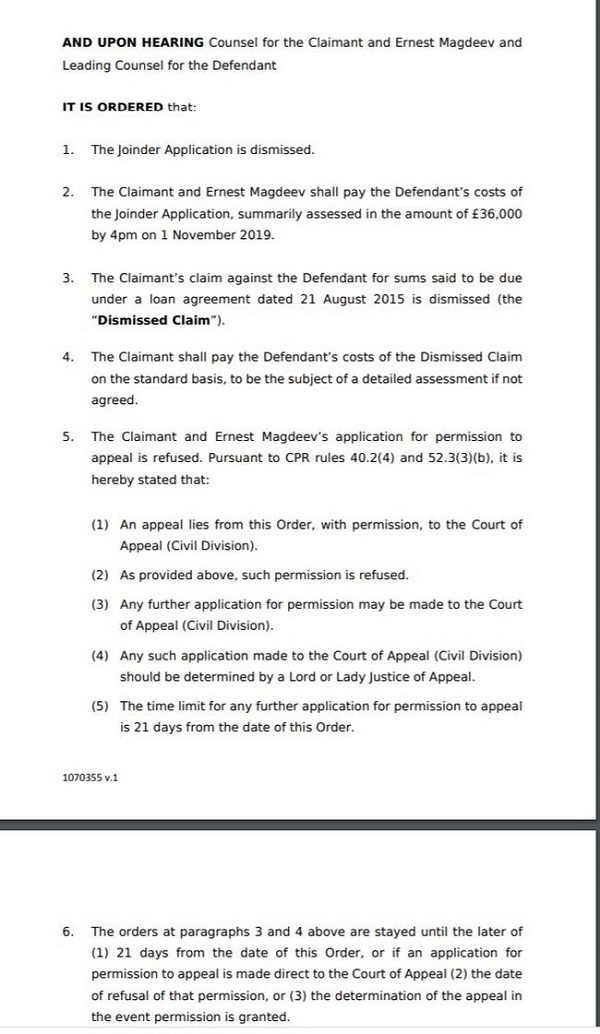The court process between business partners, which was caused by disagreements about the Graff Diamonds store in Cyprus, lasted for several years. The first stage of the trial has recently ended in a London court, but the outcome of it was not in favor of plaintiff Rustem Magdeev, who seeks a compensation from his partner, Dmitry Tsvetkov. This week, the proceedings in the UK Commercial Court of the High Court of Justice continued. It is obvious that this process, which may seem insignificant in terms of the money involved, will have a great impact on its participants and on those individuals, whose names were voiced in London.
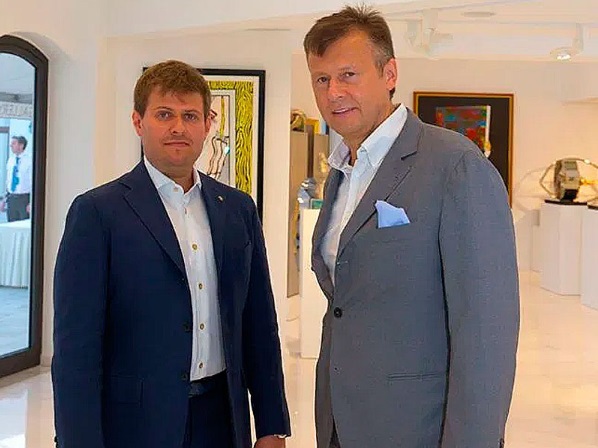
Dmitry Tsvetkov and Rustem Magdeev in Cyprus
The story of the conflict
Graff, an expensive jewelry store, was opened on the island of Cyprus in 2014 by three business partners: Dmitry Tsvetkov, Rustem Magdeev and Emil Gainulin. According to The Times, three years later, Rustem Magdeev filed a lawsuit against Dmitry Tsvetkov at the High Court of Justice, claiming that the partner should pay him back a loan worth £12.1 million.
Tsvetkov filed a counterclaim, in which he accused the businessmen of extortion, but also of attempted hostile takeover of the business. According to Dmitry, Gainulin withdrew about £47 million from the store, while Magdeev caused a damage worth £3.7 million, having disrupted the sale of a 40-carat diamond. In order to put pressure on Tsvetkov, Magdeev flew to Cyprus in 2017 in the company of well-known criminal authority Radik Yusupov, nicknamed "Dragon." Shortly before the trip, Yusupov was released on parole from a penal colony, where he was serving a sentence for organizing a series of murders. Noteworthy, Yusupov pleaded guilty, which gave him the right to be released on parole even under articles of the Criminal Code that entail heavy punishment.
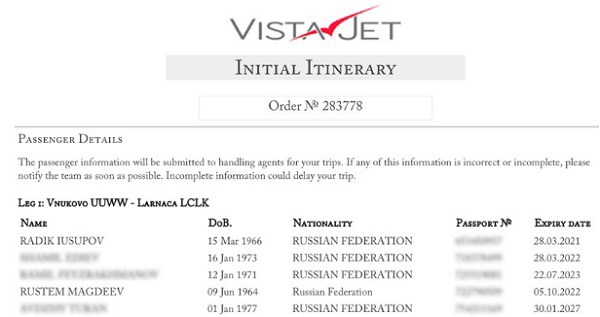
The flight list
The well-informed Polit.ru website, which published the flight list of a private jet from Moscow to Larnaca, on which the names of Magdeev and Yusupov appear, believes that Rustem Magdeev used to be a member of an organized criminal group. In his youth, Magdeev was nicknamed "Broiler." It appears, however, that Dmitry Tsvetkov learned all this information as a result of an extended meeting of Graff partners with the participation of Radik "Dragon" Yusupov. In addition, it became known during the conflict that Magdeev did not invest his own money in the Graff boutique - he used the funds of the President of Tatarstan, Rustam Minnikhanov. Magdeev has personally informed Tsvetkov about it (the Versia national newspaper quoted him accordingly). In addition, this information was voiced in the courtroom in the UK.
Magdeev had indeed served an adviser to Minnikhanov in the past and continues to maintain public contacts. To crown it all, primary business interests of the Magdeev family are located in Tatarstan.
It was Dmitry Tsvetkov that Graff originally worked with. It was Tsvetkov who received the franchise management in Cyprus from François Graff, chairman of the board of directors of the jewelry company, via the Cypriot company Equix Group Ltd. However, as soon as information about the conflict between the entrepreneurs emerged, after the names as Minnikhanov and Yusupov became associated with Graff, having brought the smell of crime and corruption, he terminated his cooperation with Equix.
Rustem Magdeev is acting to collect 12.1 million pounds ($15 million) from Dmitry Tsvetkov. Magdeev refers to the agreement from 2014, which he concluded with EK Diamonds DMCC, a company from the United Arab Emirates, the owner of which was Emil Gainulin. In accordance with the document, Dmitry Tsvetkov was the guarantor. Ernest Magdeev, the son of Rustem, later filed a lawsuit, and Tsvetkov filed counterclaims.
In the fall of 2019, the Commercial Court of the High Court of Great Britain sided with Dmitry Tsvetkov and ordered the Magdeevs, the son and the father, to pay Dmitry Tsvetkov £36,000 in legal costs, as well as to compensate for other expenses, the amount of which may reach several hundreds of thousands of pounds. The court denied the appeal to both of the Magdeevs. The first ruling concerned the claims totaling about $5 million. This week, a second trial of the same lawsuits began in London with the claims worth $10 million pending.
Military secrets and non-transparent assets in the Graff case
Many Russian businessmen choose London to sort things out between themselves. It is generally believed that the judicial system in the UK is impartial and has a meticulous approach to any conflict, considering it from all sides, without amendments to the "telephone law" and financial viability of the parties. The most explosive case was the trial of Abramovich and Berezovsky, which the latter lost, despite his political proximity to the British authorities (Boris Berezovsky was granted asylum and protection in UK for politically motivated reasons). In the case of Graff, the choice of jurisdiction was primarily determined by the citizenship of Dmitry Tsvetkov and partly because of the legal affiliation of Graff jewelry company - this is a British legal entity.
The impartiality of the British legal system may play a bad trick on Rustem Magdeev. He lost without the right to appeal, as it happened at the first stage of the process at the end of the last year. It goes about the document called an "unexplained wealth order (UWO)." Two years ago, the British authorities launched Criminal Finances Act: UWO and decided to seize assets and property of foreign citizens, who could not clearly explain the origin of their wealth.
More than $90 billion is laundered in the UK every year, and authorities see it as a national threat.
In accordance with the Criminal Finances Act 2018, the authorities may demand an explanation to explain the origin of £50,000 at least. UK National Crime Agency considers wealthy Russian as risky community, according to the Financial Times. As TASS wrote, the UK already issued first UWOs against Russian citizens. Given the publicity of the process around Graff in London, one may assume that Rustem Magdeev will be at risk. It was said during the trial that the millions, which Magdeev invested in Graff's business in Cyprus belonged to a federal Russian top official, Rustam Minnikhanov. This detail alone is enough to initiate an investigation into Magdeev. It just so happens that his funds can be defined as "assets of unknown origin," let alone the fact that there is only one thing hiding behind the concept of "funds of Russian top official" - corruption. The UK authorities are happy to arrest any corrupt capital to add it to the nation's treasury. Quite possibly, though, Magdeev does not have either real estate in London or accounts with British banks. However, this could be cold comfort in the event the authorities issue an unexplained wealth order for assets of unknown origin against Rustem and Ernest Magdeev. The latter is a Swiss citizen. In Switzerland, the Magdeevs have not only real estate, but also bank accounts. Rustem Magdeev holds a Cypriot passport, and Cyprus, as is well-known, used to be part of the British Empire. To crown it all, the law of the island state is based on the British legal system. It is clear that the British order against Magdeev will prompt the authorities in other countries to inquire about the origin of his assets too.
In addition, Magdeev and Tsvetkov litigate in Cyprus for another matter that goes about the shares of a military R&D/production company based in Kazan - OKB named after Simonov (Simonov Design Bureau). A District Court of Limassol of Cyprus arrested Rustem Magdeev's multi-million-dollar property in order to secure the claim. In Cyprus it goes about $1.3 million, and the story is complicated there too. Alexander Gomzin, the general director of the OKB, around which there is a dispute between Magdeev and Tsvetkov, was arrested in Kazan, the capital of Tatarstan, where Rustam Minnikhanov serves as president. Earlier, Gomzin reported to the FSB (Russian intelligence service) about an attempt of Israeli services to recruit him at the behest of Magdeev, who was a co-owner of the OKB through a chain of companies. The attempt to recruit Gomzin was made during the presentation of the Graff boutique ... in Cyprus. For many years, the OKB was engaged in the development of the project of a heavy unmanned military aircraft for the Defense Ministry of the Russian Federation. Needless to say that all this information will surface at a British High Court sooner or later.
Money pipeline from Russia to Cyprus
Apparently, Emil Gainulin, Graff's third partner in Cyprus, another active participant in the arbitration process in London, will not be able to sleep peacefully after public hearings in London either. Gainulin has recently faced serious problems in Singapore, where tens of millions of dollars were frozen in his personal accounts. The Versia newspaper gave a detailed insight into Gainulin's and Magdeev's problems in its investigation ("Little People of the Laundromat").
In particular, journalists exposed Gainulin's letter to Rothschilds' bank, in which he is trying to explain the origin of hundreds of millions of dollars. The Versia analyzed tax statements from Emil Gainulin's main asset - the company Podvodtruboprovodstroy, a major contractor of Gazprom and Transneft giants. Gainullin controls 46 percent of the company, while the second half is controlled by Mikhail Turetsky, who known as "Moysha" in Lyubertsy's criminal circles. In 2012-2015, Gainulin's company earned a net profit of more than 450 million rubles (about $13 million, at the exchange rate of those years) with a turnover of more than 30 billion rubles (about $900 million). At the same time, in his letter to Banque Edmond de Rothschild, Emil Gainulin reported his annual income received from the activities of Podvodruboprovodstroi in the amount of ... $60-75 million.
In other words, Gainulin declared in writing that he received the income of more than $250 million from his asset in Russia, while the asset had a net profit of only $13 million for the same period. It does not seem surprising that bankers regarded such activities as suspicious and related to large-scale money laundering in especially huge sizes.
In 2019, the Singapore branch of Standard Chartered Bank sent a letter to Emil Gainulin and his wife stating that he was no longer interested in continuing relations with them due to significant violations of the money laundering law. Singapore used to be a British colony too, by the way.
It just so happens that Emil Gainulin invested in Graff the money that fit into the British Criminal Finances Act 2018. The fact that this money was invested in Cyprus through the countries of the Middle East will be just an insignificant detail. It was British company Graff Diamonds that received the money from investments of "unknown origin" aka laundered - this will be an important detail, which may cause a domino effect throughout Europe and beyond. In this regard, the victory of Dmitry Tsvetkov in the UK Commercial Court of the High Court without the right to appeal against plaintiffs, the Magdeevs, is not just a triumph of justice - it opens up the opportunity for the British authorities to start investigating into the assets of the Magdeevs and the Gainulins.
First reaction
Commenting on the outcome of the trial, Dmitry Tsvetkov noted that it was important for him to understand that he won the first lawsuit.
"Of course, I regard the decision as positive," Rosbalt quoted Tsvetkov as saying. First of all, I would like to note that the position of Rustem Magdeev and his son, Ernest Magdeev, in this process, in my opinion and to the best of my belief, was based on lies - they distorted and concealed the facts that they were aware of. They also tried to mislead the English judge. One can now say, based on this ruling, that their attempts to do that have failed."
The first meeting devoted to a new package of requirements from Rustem and Ernest Magdeev took place on January 20, 2020. A court ruling regarding the shares of OKB named after Simonov is to be made in Cyprus in spring.
"As for our trial in Cyprus, Magdeev has been killing the clock the best he can, it has been two years already, but I am sure of victory! I'm very sorry for Gomzin - such a talented scientist is forced to study law instead of science, moreover in practice," Dmitry Tsvetkov said.
Let's block ads! (Why?)
